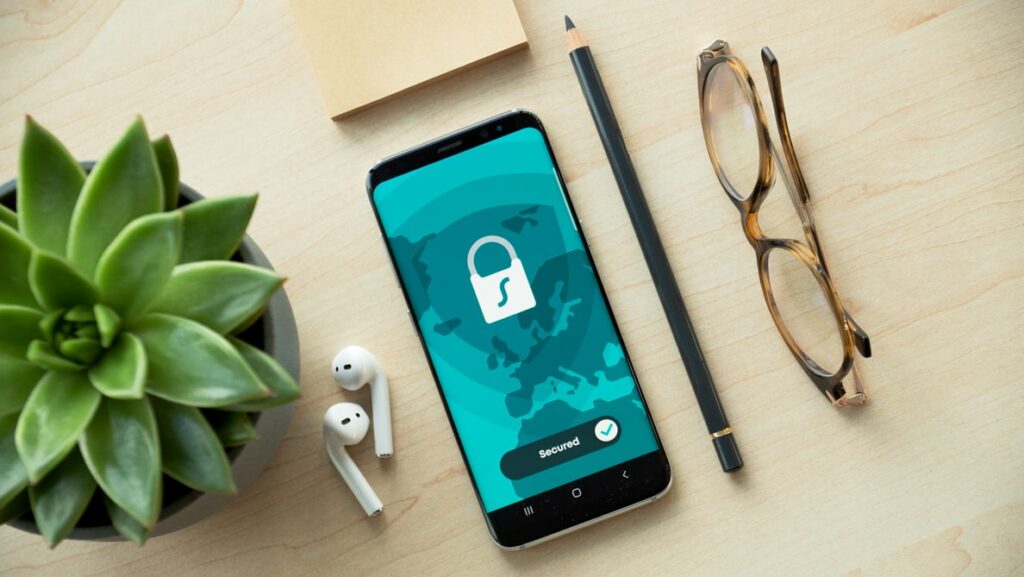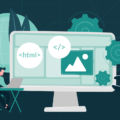Cybersecurity is often overlooked by small and medium businesses as its wrongly assumed cybercriminals only target large organizations. However, it is completely incorrect and out of sync with today’s cybersecurity best practices.
Luckily, executing a good cybersecurity system doesn’t have to be difficult. There are simple measures that, if implemented, can significantly reduce the impact of the most common cybersecurity incidents. In this blog, we’ve provided a few cybersecurity best practices for your businesses.
Use a firewall
The first line of defense in a cyber-attack is making sure your network is secure. A firewall is a security software that protects your network by monitoring incoming and outgoing traffic; and then permits or blocks outsiders from gaining unauthorised access to the private data on your computer. It’s highly recommended that all businesses set up a firewall to provide a barrier between your sensitive information and hackers.
Examples of firewall software
- Kaspersky Total Security
- avast antivirus firewall
- Norton 360 Deluxe
With most people working from home, it’s also recommended that home computers have firewall software installed to provide protection from data theft. Home networks use high-speed internet connections that have a constant IP, making it more vulnerable to a hacker who has discovered your computer on the internet to find you again and again.

Update website software
Your business’s website needs to have latest software updates as soon as they’re available. When the updates don’t happen on time, your website is especially vulnerable to hackers.
On the other hand, as a business owner with a lot of tasks on your plate, you shouldn’t be doing these updates; since you could run the risk of getting hacked because you lost track of time. Just recently, a Sydney-based events business lost 15-years of photos from their website because they hadn’t updated their software, leaving it vulnerable to hackers! It’s much safer to find a reliable tech support service to do this for you, and keep you informed of all updates.
Anti-malware software
It’s easy to think that we’re too smart to open phishing emails. However, most people fall prey to these kinds of attacks frequently. Because phishing attacks involve installing malware on a computer when a link is clicked, it’s crucial to have up-to-date anti-malware software installed on all devices.

Change passwords regularly
Changing passwords is something most people find a nuisance. However, one of the major reasons for data breaches is due to lost, stolen or weak passwords. Even businesses that have a password policy in place, are generally not firm when it comes to enforcing employees to comply.
At a time where everyone has access to sensitive information on multiple devices, including personal devices; it’s essential that all employee devices accessing the company network be password protected.
When it comes to passwords, a best practice to follow should be changing all passwords every 60 days, with a strict application of upper- and lowercase letters, numbers and symbols to ensure a strong, secure protection.
Document your IT policies
Documenting work-place policies isn’t something small and mid-sized businesses practice due to the smaller size of the business and employees. But when it comes to cybersecurity, documenting your IT protocols is important. This will help you evaluate areas that need to be monitored, upgraded and maintained.
It’s also a good way to instill knowledge into new employees. Some of the biggest security threats are also due to negligence and internal theft, so regular IT check-ups with employees can help ensure a secure working environment.

Protect your mobile devices
With the increasing use of smart watches and fitness trackers with wireless capability, we cannot stress how important it is for a business to have a personal smart device policy that focuses on security precautions. Employees accessing sensitive information from their personal devices should set up automatic security updates and ensure their passwords are also changed as per the policy on a regular basis.
Backup your data
While it’s important to secure your business from as many cyber-attacks as possible, there’s always a chance it could be breached irrespective of the securities in place. Therefore, it’s important that businesses regularly have their data backed up on the cloud.
Additionally, if you work from an office, make sure that any backups are stored in a different location in case of fire or other hazards. Again, as a business owner this is something you should be outsourcing to ensure backups are done on time. Invest in a tech support plan that does weekly backups for you, so you can work in peace knowing all your data is stored safely away.
Covid has increased the incidents of cybercrime, especially for small and medium businesses, with cyber criminals becoming more advanced daily. In order to guard your data, it’s essential that you make cybersecurity a top priority in your business. And most importantly, that you work with professionals to ensure that your website is secured and updated with the latest in prevention technology. Your business depends on it.

Your first step to building a world-class website starts here.
A trusted brand is priceless for any business. We will help you build a compelling website that is respected in your industry and stands apart from your competition.



